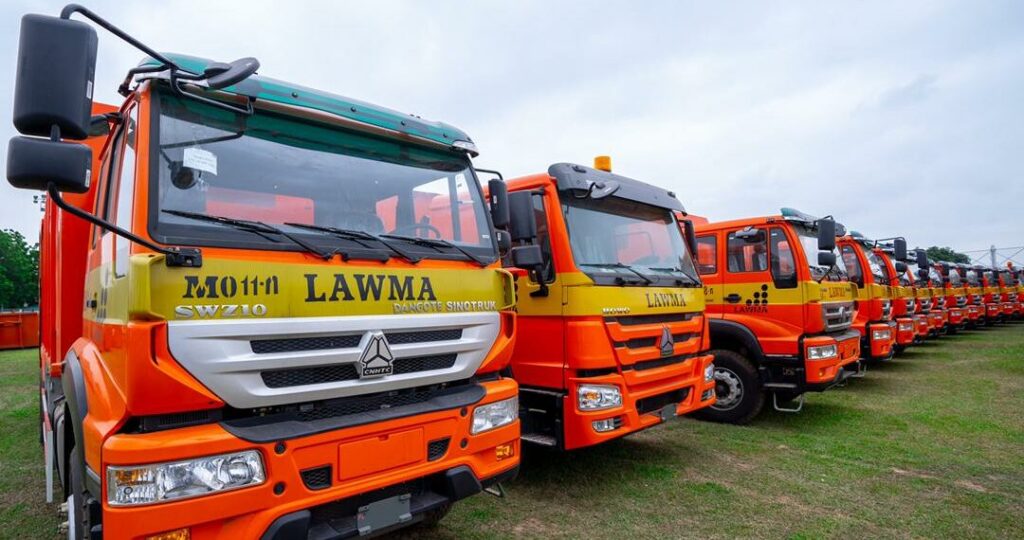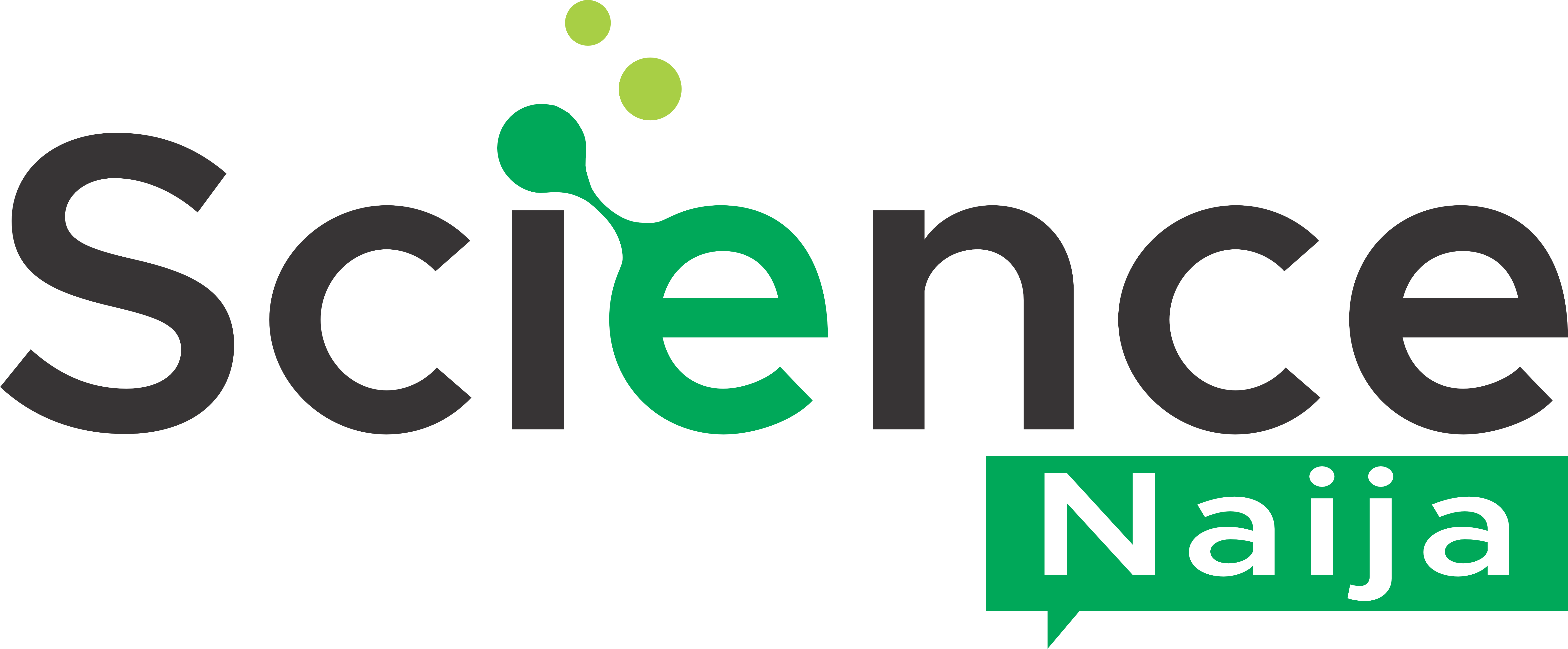The issue of solid waste generation in Nigeria presents a complex challenge that exceeds the capacity of existing waste management systems. Commercial activities contribute to the continuous presence of solid waste on the streets, necessitating an understanding of the quantity and characteristics of generated waste to devise an effective waste management strategy. The pattern of solid waste sources, generation, and characteristics in Nigeria mirrors that of other developing nations.
Solid waste generation is an inherent aspect of various processes involving material usage, including the extraction of raw materials, manufacturing, consumption, and waste disposal. The primary sources of solid waste include residential, commercial, and industrial sectors, with additional contributions from agricultural activities, street cleaning, obsolete automobiles, construction and demolition projects, and healthcare facilities.
To obtain accurate data on waste generation in Lagos state, comprehensive surveys are required. This approach not only facilitates the integration of waste management systems within the state but also provides crucial information to other stakeholders interested in Lagos state’s waste management practices. Current estimates suggest that approximately 9,000 metric tonnes of waste are generated daily in Lagos state.
Waste Management and Waste Management Methods
Waste management involves employing strategic approaches to effectively control waste from its point of generation to disposal. It is defined as the process of collecting, accumulating, treating, and disposing of waste in ways that are safe for both humanity and the ecological system. Furthermore, waste management encompasses the collection, transportation, storage, treatment, recovery, and ultimately, disposal of waste.
There has been a significant rise in the daily volume of waste generated in the country, necessitating proper handling to safeguard the environment and public health. Cities are faced with challenges in maintaining their solid waste management systems due to this surge, which sometimes leads to breakdowns or complete collapse due to various social, institutional, financial, and technical obstacles. This underscores the inadequacy of current solid waste management techniques in addressing the escalating volume of waste, highlighting the need for more dependable waste management methods.
Urbanization and population growth in both developed and developing cities have intensified environmental concerns, with solid waste management, sanitation, and associated health and environmental impacts at the forefront. Effective solid waste management strategy extends beyond mere street cleaning or waste collection and dumping, as commonly practiced by many municipalities. It entails the efficient integration of various components of waste management in a cohesive manner.
History of Solid Waste Management in Lagos State
During the hosting of the international festival of Art and culture, FESTAC 77, Nigeria faced widespread criticism for its poor waste management practices, particularly in Lagos, then the federal capital city, which was labeled as the dirtiest capital city globally. In response to this embarrassment, the Lagos State Military Government established Nigeria’s first waste management agency in 1977. On April 1, 1977, the Refuse Disposal Board was created under Edict Nos 9 of 1977, initially functioning as a centralized body. Operations commenced with Powell Duferen Pollution Control of the United Kingdom as managers. In 1980, it was renamed the Waste Disposal Board and subsequently re-centralized in 1991, undergoing a name change via Edict No. 55 of Lagos state to become the Lagos State Waste Management Authority (LAWMA). LAWMA was tasked with the collection and disposal of municipal and industrial waste in the state.

Between 1994 and 1996, LAWMA introduced private sector participation, both formally and informally. A committee, comprising the Ministries of Environment and Physical Planning, Local Government Administration, the chairman of Shomolu Local Government, and the Community Development Council (CDC), Lagos state chapter, proposed the establishment of Private Sector Participation in domestic refuse management. This program was launched with 22 private operators appointed on a political ward basis by February 1997, operating within Somolu and Kosofe Local Governments. These operators were licensed to collect and transport waste generated in the 22 wards of the two Local Governments.
However, due to the resurgence of communal depots, illegal dumping of waste into water and land environments by cart pushers and individuals, there arose the need to review waste management and disposal systems in the state. In anticipation of the Lagos Metropolitan Development Governance project supported by the World Bank, Lagos state restructured LAWMA in 2005, thereafter assuming responsibility for waste management in the state.
Challenges of Waste Management in Lagos
The solid waste management infrastructure in major cities of Nigeria faces challenges in effectively disposing of waste. Methods such as dumping sites, incineration, recycling, and composting have been utilized for years, yet people continue to dump waste along roads and gutters. Indiscriminate dumping is common, leading to the generation of leachates during rainfall, which can contaminate water bodies and pose environmental risks.
It was observed that Lagos is one of the few states in Nigeria offering house-to-house collection services and communal collection points. The state has commissioned a transfer loading system to compact waste before transport to dump sites. Factors such as purchasing waste management facilities, equipment, regular maintenance, and worker payments impact solid waste management.
While Lagos and other states in Nigeria have made progress in building institutional capacity for waste management, there are still areas needing improvement for sustainable development. Challenges in Lagos waste management include inadequate infrastructure compared to increasing waste generation, weak cost recovery plans, and lack of public cooperation.
Various factors contribute to these challenges, including lack of financial assistance for private operators, public apathy, poor enforcement, low environmental awareness, inadequate planning, population growth, work attitude, and corruption. Identified challenges also include irregular waste collection, insufficient funding, lack of facilities such as landfills and incinerators, shortage of waste vehicles, and a lack of technical expertise.
These waste management challenges result in negative effects like drain blockage, flooding, erosion, traffic congestion, soil and air pollution, health issues, unsightly dump sites, and diminished community pride.



